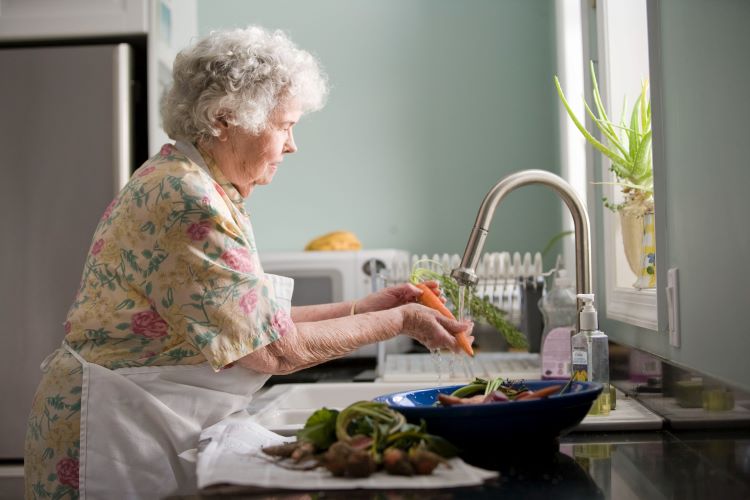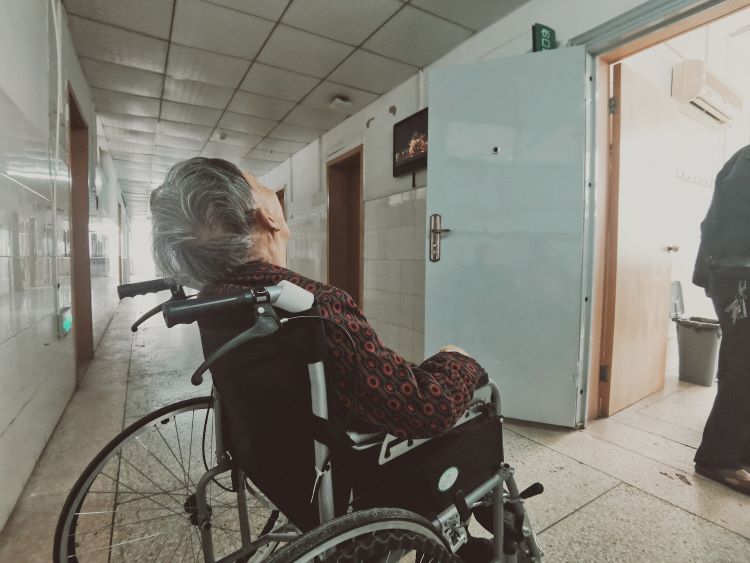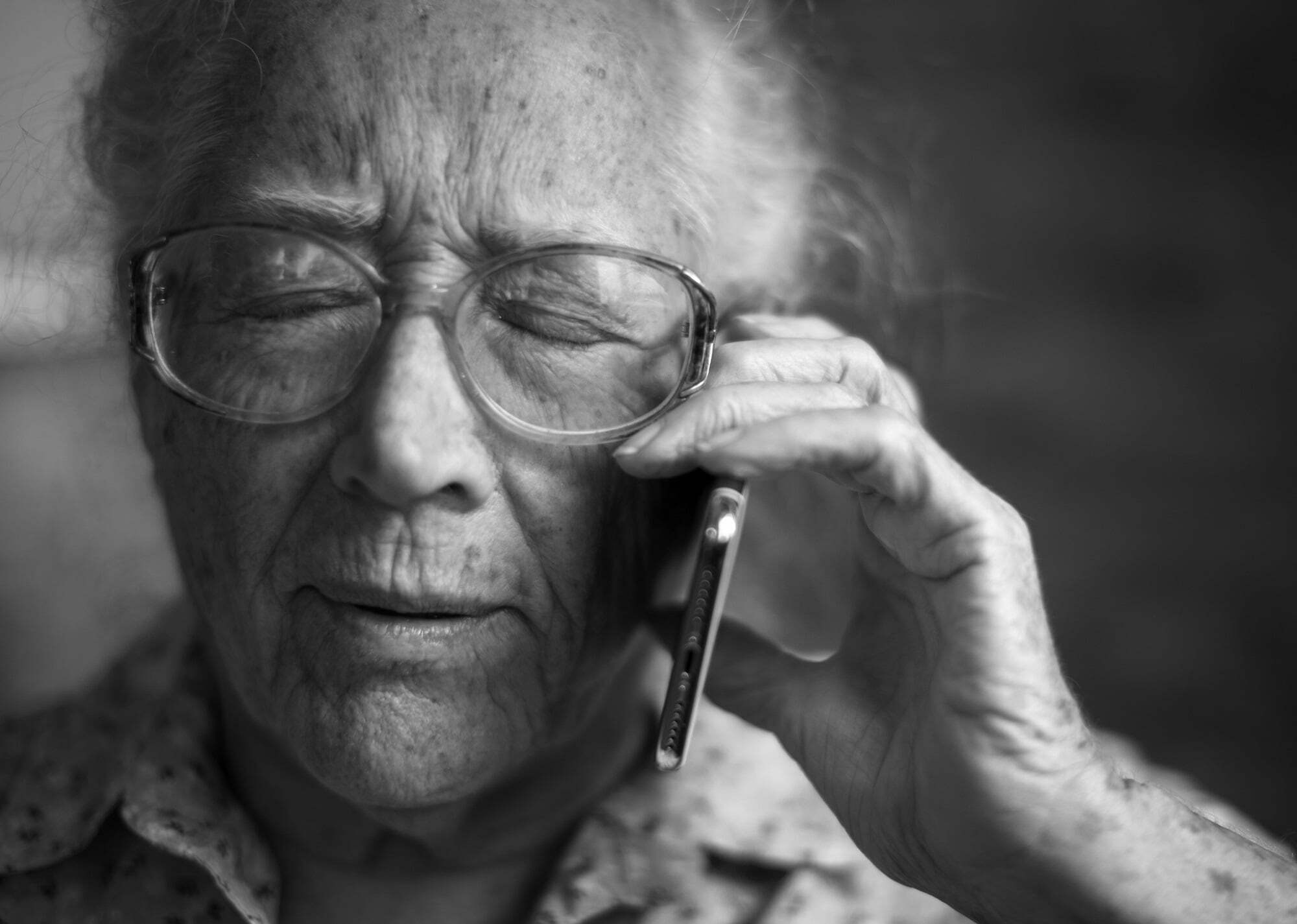Alcoholism and the Elderly
Quick links for Alcoholism and the Elderly
- Alcoholism and the elderly
- What are the effects of alcoholism on the elderly?
- What are the signs of alcoholism in the elderly?
- Getting help with alcoholism for the elderly
- References for alcoholism and the elderly
When it comes to alcohol use disorder, many think it only affects the young.
While the condition does predominantly develop in teenagers and young adults, it can also develop in the elderly as well.
Alcoholism in older people is equally dangerous, but it can often be left misdiagnosed or not noticed at all.
The effects of addiction can often be attributed to the various conditions and diseases commonly experienced by older people, and therefore alcoholism can often go without proper rehab treatment.
Not only can alcoholism result in similar symptoms to that of alcoholism in younger people, but it could prove more dangerous as the body becomes more susceptible to alcohol’s effects as it ages.
Alcoholism and the elderly

Older man considering alcoholism and the elderly
Alcohol dependence tends to develop during two periods of an individual’s life.
For the majority of instances, it surfaces before the age of 25 during the teenage and young adult years. This is known as ‘early-onset alcoholism’.
However, it can also occur much later.
‘Late-onset alcoholism’ occurs after an individual turns 45, and it can prove to be just as dangerous as the more common manifestation.
There are several reasons why an individual may become dependent upon alcohol in later life, rather than developing this chronic health condition earlier.
1. Retirement
While they are aware of it, many young people tend to not consider their retirement in too much detail.
They set aside a pension, but often do not plan how they are going to spend the time.
As a result, the void left by work can be a large one, and people can be left feeling isolated or bored by the lack of things to do.
Depression and isolation are prevalent amongst those who have retired, and the negative thoughts and emotions of those who no longer work or see their friends can become an incentive to start drinking.
2. Finances
Some individuals see retirement as being so far away in the future that they do not feel inclined to save for it.
The money they earn is spent, and when it comes to retiring, they sometimes find that there is not enough left to live on.
This can cause an individual to go into incredibly stressful financial hardship where they are forced to depend on family members or the state to survive.
The sudden change in lifestyle, as well as the sadness caused by losing their independence, might push an individual to begin drinking in order to take their mind away from their financial situation.

Older woman washing vegetables and thinking about alcoholism and the elderly
3. Bereavement
As an individual grows older, it is a sad eventuality that they will begin losing friends and family to old age and disease. They may begin losing friends, or have to deal with the passing of a spouse or partner.
This can cause intense grief and loneliness, and social isolation can lead to alcohol becoming a regular part of an individual’s life in order to cope. [1]
4. The ageing body
As the body becomes elderly, it becomes weaker. Diseases can develop, along with aches and pains in the joints and limbs
Discomfort can become a common occurrence in life.
Alcohol has a strong sedative effect on the brain and body, and an older individual may begin using it for this reason to ease their pains or mental struggle.
Also, the body becomes more susceptible to the effects of alcohol as it ages. It becomes drunk faster, without the need for as much alcohol to be ingested. [2]
This increased sensitivity to alcohol means that an older individual can be more easily influenced by it, and the reduced quantity required might make it easier to attain and abuse the substance.
What are the effects of alcoholism on the elderly?

Person in a wheelchair suffering from the impact of alcoholism on the elderly
Just like with younger people with the condition, alcoholism carries a lot of dangers with it.
It can harm both the person drinking and the people around them.
However, with older individuals, the relationship between them and alcohol is slightly different, and so they are exposed to a unique set of dangers when it comes to sustained substance abuse.
1. Increased risk of accidents
As an individual becomes less tolerant of alcohol as they grow older, its effects can manifest much more quickly and last longer.
This increases the risk of an older person getting into accidents and seriously hurting themselves.
For example, they will be more likely to fall or trip, possibly resulting in bone breakages, which can be incredibly hard to recover from as an elderly person.
The effects of alcohol can also compromise their capacity to drive, putting the lives of others at risk (as well as their own) without them even noticing.
2. The combination of substances
It is well known that older individuals are more likely to be on prescription medication than youngsters.
Whether it is for physical pain or internal health complications, it is common for an elderly person to regularly take multiple medicinal substances.
Alcohol is a drug known to influence the effects of other drugs, and this can also apply to these prescription medications.
Excessive alcohol consumption can cause complications with these substances – impacting their strength or side effects – and potentially cause harm.
3. Mental health
Retired individuals can often develop mental health conditions as a result of their growing isolation.
For example, it is common for older people who live alone to develop anxiety and depression.
Alcohol is a depressant, meaning that it negatively affects the functioning of the brain. As a result, it can exacerbate the effects of these conditions, possibly causing an individual to feel incredibly anxious or nervous, or even trigger suicidal thoughts.
What are the signs of alcoholism in the elderly?

Black and white photo of a person showing the signs of alcoholism in the elderly
Identifying alcoholism in an elderly person can be incredibly difficult. [3]
The condition can be well disguised in all instances, but its effects – such as being lethargic or frequently hungover – can often be passed off as a sign of ageing.
Therefore, it is important to know how alcoholism specifically manifests for an older person.
The warning signs to look out for include: [4]
- Drinking in situations that make them feel anxious, depressed, or otherwise uncomfortable
- Being dishonest or secretive about drinking
- Having an alcohol tolerance that is higher than the average person of their age
- Poor mood or worldview when sober
Many symptoms of alcoholism can be confused with symptoms of chronic mental health conditions such as Alzheimer’s or depression.
When trying to identify whether alcohol is being abused, it is important to consider whether the strange behaviour could have another cause.
Some of the more difficult symptoms to ascribe to alcoholism include:
- Becoming increasingly isolated from friends and family
- Losing cognitive function or memory
- Not being able to take care of themselves
Getting help with alcoholism for the elderly

Smiling older woman receiving help for alcoholism
Like younger people, elderly alcoholics can greatly benefit from rehab treatment.
This usually involves the combination of physically weaning the body from its dependence on alcohol with psychosocial intervention to treat the underlying causes.
Medicinal substitutes can be prescribed to help an individual cope with withdrawal symptoms during detox, and therapies can be arranged to help them learn to live without alcohol.
Those who are concerned about their alcohol misuse, or that of a loved one, are encouraged to speak to a GP or alcohol-specific rehab organisation to discuss the details of their situation.
Our expert team are ready to help you find the help you need to beat addiction, whatever age you may be.
References for Alcoholism and the Elderly
[2] https://www.rcpsych.ac.uk/mental-health/problems-disorders/alcohol-and-older-people
[3] https://www.ncbi.nlm.nih.gov/pmc/articles/PMC8308079/
[4] https://www.nia.nih.gov/health/alcohol-misuse-or-alcohol-use-disorder/facts-about-aging-and-alcohol






